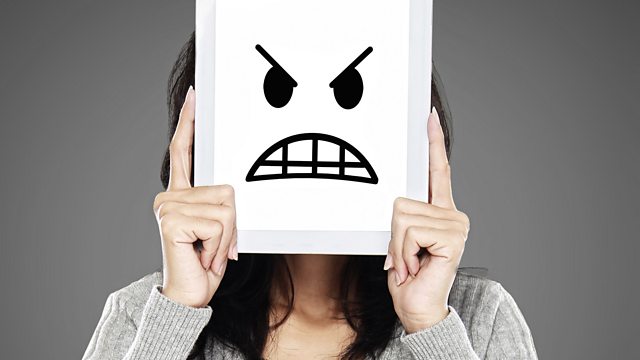Offence, Power and Progress
Is taking offence on social media over-sensitivity or a force for progress?
In 2017, it’s easier than ever to express offence. The angry face icon on Facebook, a sarcasm-loaded tweet or a (comparatively) old fashioned blog post allow us to highlight the insensitivities of others and how they make us feel – in a matter of moments. Increasingly, offence has consequences: people are told what they can and cannot wear, comedy characters are put to bed. Earlier this year, a white artist was condemned for her depiction of the body of a murdered black teenager. Those who were offended demanded that the painting be destroyed because ‘white creative freedoms have been founded on the constraint of others’.
It’s easy to scoff. Detractors refer to those asking for a new level of cultural sensitivity as snowflakes and insist the offence they feel is self-indulgent. But history teaches that fringe discussions often graduate to mainstream norms. So are these new idealists setting a fresh standard for cultural sensitivity? A standard that society will eventually come to observe?
Mobeen Azhar tries to understand the challenging arguments put forward by those who are pushing for new norms, and who believe that being offended will create a more culturally aware, progressive society.
Featuring contributions from British X-Factor star Honey G, black lesbian punk rockers Big Joanie and RuPaul’s Drag Race contestant Charlie Hides.
(Photo: Woman covers her face with tablet showing angry emotion icon. Credit: Getty Images)
Last on
More episodes
Previous
Broadcasts
- Wed 29 Nov 2017 11:32GMT�鶹������ҳ��� World Service except News Internet
- Wed 29 Nov 2017 21:32GMT�鶹������ҳ��� World Service East and Southern Africa & West and Central Africa only
- Wed 29 Nov 2017 23:32GMT�鶹������ҳ��� World Service Australasia, Online, Americas and the Caribbean, UK DAB/Freeview & Europe and the Middle East only
- Thu 30 Nov 2017 02:32GMT�鶹������ҳ��� World Service except News Internet

